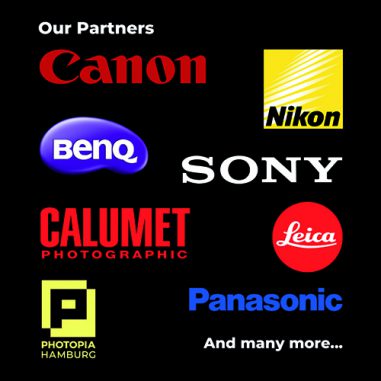“Right now, the functionality and quality of dedicated products can far exceed that of multi-function gadgets,” says David Luu, Senior Market Analyst at Futuresource. “Features like optical zoom and image stabilisation in cameras or embedded maps in personal navigation devices are seen as key value-add differentiators, and still drive consumers to make that purchase. However, it won’t be long before the continued rise of the smartphone will have a major impact on the handheld device landscape.
“Last year, mobile phone ownership exceeded four billion users – which equates to nearly 60 percent of the world’s population. And in the face of a handset market which is slowing on the whole, smartphone sales are rising fast, with our year-end forecasts for 2009 showing smartphone sales representing 17% of total handset shipments. By 2013, more than one billion people will own a smartphone.”
The smartphone segment consists of a group of highly disruptive converged devices, with programmable OS, continually improving functionality, wireless networking capabilities and a younger reach that will hinder the growth of dedicated devices. Standalone products that survive will be increasingly differentiated by their form factor (a smartphone user may want to own a miniaturised media player for use when exercising, for example) and their unique attributes (such as the use of e-ink for electronic books, which can display large areas of static text while drawing very little or no power).
“The iPhone raised the bar in terms of smartphone impact, especially for media players and casual gaming,” says Luu. “Continued smartphone development and the trend towards cloud computing may also start to nibble away at the laptop and netbook market, but it’s unlikely we’ll see any impact here for three to four years at least. Inherent limitations for the smartphone are screen size, lack of full size keyboard, storage shortfalls and battery life, which is why consumers see computers as essential products to own today. Shorter term we’re going to experience the rise of the apps market, which many see as a new gold rush, especially for games and amusement.”






